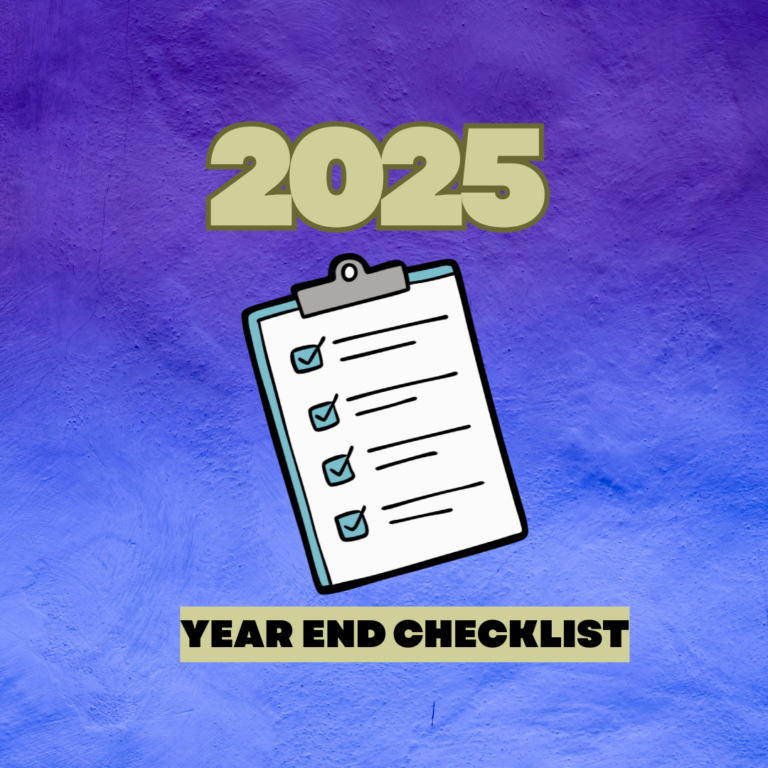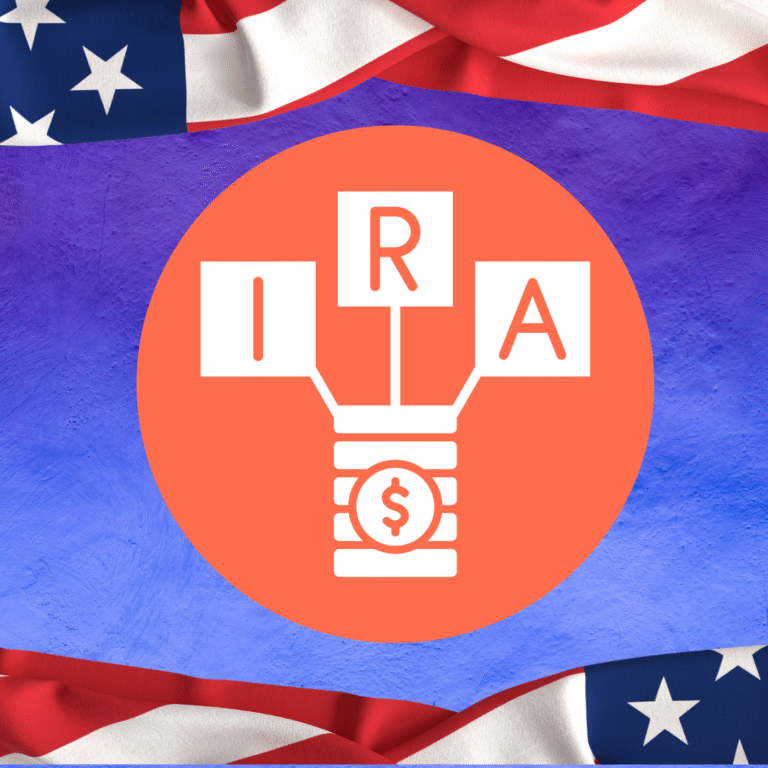

The cost of living in Israel has always been a key concern for American Olim. And as we move closer to 2026, many are feeling the effects of a major financial shift, one that could impact your daily spending, retirement planning, and overall financial wellbeing.
Unlike the favorable trends of 2023, where the dollar was gaining strength, 2025 has seen a reversal. The Israeli shekel has gained ground, and that matters, especially if you’re earning in U.S. dollars and spending in shekels. But not all the news is bad. New and enhanced tax breaks, particularly for retirees, may be helping some U.S. expats maintain financial stability even as the exchange rate is unfavorable.
But first, if you’re new to life in Israel, check out our other helpful reads on moving abroad, cross-border finances, and tax-smart planning for expats:
What to do when you get kicked out of your US brokerage account
Can one use a US Power of Attorney in Israel, (and vice versa)?
Checklist for moving to Israel
Financial planning for US citizens living abroad
Selling a house in Israel as a US citizen
Why US Expats should look before they leap into a Roth 401k
Compliance with reporting of foreign assets: tips for US expats to avoid stress
What expats need to know about Brokerage Accounts for non-US residents
And now let’s get into the blog!
The Dollar’s Rise and Fall
Between 2022 and 2023, the U.S. dollar appreciated sharply against the shekel, rising from around 3.11 to nearly 3.97. For Americans receiving income from the U.S., especially retirees relying on Social Security, this was a welcome boost. The stronger dollar, combined with back-to-back Social Security Cost-of-Living Adjustments (COLA) of 8.7% in 2022 and 3.2% in 2023, significantly increased local purchasing power in Israel.
That trend, however, has since reversed. As of late 2025, the dollar trades around 3.27 shekels, a meaningful drop from its peak. The 2025 COLA of 2.8% helps cushion the impact slightly, but the stronger shekel has nonetheless reduced how far U.S. income stretches in Israel.
Rising Costs for Dollar-Earners
For those earning, withdrawing, or receiving income in U.S. dollars, this currency shift translates to an increase in local expenses. It now takes more dollars to cover the same shekel-denominated costs.
This affects:
- Monthly rent and utilities
- Groceries and household expenses
- Healthcare, insurance, and service costs
- Any shekel-denominated loans or mortgages
Budgets that previously felt comfortable may now feel tighter, especially for those living on fixed income or Social Security payments.
Tax Breaks Help Offset the Pressure
American retirees in Israel continue to enjoy meaningful tax advantages, even as the shekel strengthens:
- 10-Year Israeli Tax Holiday on foreign passive income, including U.S. pensions and retirement account withdrawals.
- Social Security Windfall Elimination Provision (WEP) repealed, increasing monthly benefits for many olim.
- New U.S. tax deductions: Couples over 65 may exclude up to $45,000 of combined retirement or other income from U.S. taxes. And in addition, Social Security income is tax free in both Israel and the US, for Israel residents
- Double benefit: Many distributions can be tax-free in both countries with smart planning.
These benefits can ease cost-of-living pressures and make Israel surprisingly tax-friendly for retiring Americans.
Strategies to Consider
Here are several steps U.S. expats in Israel can take to protect their finances:
- Review your monthly budget and adjust for the new exchange rate
- If possible, delay large shekel-denominated purchases until more favorable rates return
- Explore partial shekel-based income through local work or services to hedge currency risk
- Work with a financial advisor who understands cross-border tax and investment rules
Plan Now to Stay Ahead
The strengthening shekel has changed the financial landscape for American olim in 2025, and its impact will likely continue into 2026. The shift may challenge your current plans, but it also offers an opportunity to revisit your financial strategy and adjust accordingly.
We work with U.S. expats in Israel and around the world to help them manage currency risk, navigate tax laws, and make confident decisions about their financial future.
If you’re unsure how the shekel-dollar shift affects your savings or retirement income, reach out to us. We’ll help you evaluate your options and create a plan that works for you, now and into the future.
Still feeling confused? Want to speak to an expert? Book your complimentary 15 minute consultation today and speak with of Nardis’ financial advisors.
Let’s build a strategy that helps your money go further, even when the exchange rate doesn’t!
JOIN the newsletter list here to stay informed.
Disclaimer
Nardis Advisors LLC (“Nardis”) is a Registered Investment Advisory Firm regulated by the U.S Securities and Exchange Commission in accordance and compliance with applicable securities laws and regulations. Registration does not imply a certain level of skill or training. Nardis does not render or offer to render personalized investment advice through this medium. The information provided herein is for informational purposes only and does not constitute financial, investment or legal advice. Investment advice can only be rendered after delivery of the Firm’s disclosure statement (Form ADV Part 2) and execution of an investment advisory agreement between the client and Nardis.




